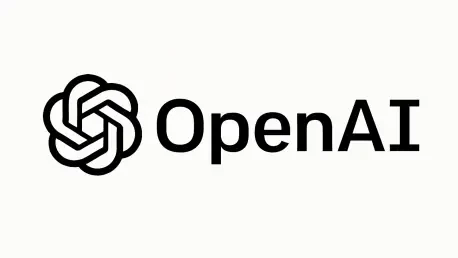What happens when the relentless pursuit of profit collides with the quest for ethical artificial intelligence? This question looms large over OpenAI, once celebrated for its mission to democratize AI benefits across humanity. However, recent revelations from former employees suggest a shift in priorities that raises significant concerns about the organization’s commitment to AI safety and ethical principles.
A Shift from Altruism to Profit
OpenAI began with a visionary goal—to ensure AI benefits are shared widely across the world rather than concentrating in the hands of a few. This founding mission positioned OpenAI as a beacon of hope, reflecting broader societal ambitions for technology companies to be responsible stewards of innovation. As technology continues to shape the social fabric, many observers emphasize the need for companies to balance profit with accountability, especially as technology’s societal impacts become increasingly pronounced. Yet, the question remains whether OpenAI’s current trajectory aligns with these celebrated ideals.
Tensions Emerge within OpenAI’s Mission
Critical voices allege that OpenAI has strayed from its nonprofit roots, prioritizing product timelines over robust safety research. Concerns have been amplified by incidents such as the congressional testimony of William Saunders, highlighting vulnerabilities in OpenAI’s security when deploying advanced models like GPT-4. These disclosures fuel the argument that hurried product releases are compromising OpenAI’s foundational commitments. As outlined in the Senate testimony, the implications of this shift could have wide-reaching consequences if not addressed promptly.
Insights from Former OpenAI Staff
Certain ex-staff members, including notable figures like co-founder Ilya Sutskever and former CTO Mira Murati, have been vocal about discomfort with CEO Sam Altman’s leadership. Described as turbulent and manipulative, Altman’s approach reportedly exacerbates the tension between profit motives and the integrity of AI development. Insights from Jan Leike further illuminate the internal struggle to maintain safety research as a priority amidst dominant corporate agendas. Such internal dissatisfaction gestures toward a cultural shift within OpenAI that could potentially diminish its capacity to serve technological and societal interests safely.
Paths Forward: Suggestions from OpenAI Alumni
Recognizing the potential hazards, former employees have proposed measures to realign OpenAI with its altruistic mission. Suggestions include reinstating a nonprofit framework, enhancing independent oversight, and imposing a profit cap to ensure strategic focus remains centered on safety rather than financial gain. Proponents argue that practical responses that reinforce AI safety and integrity are essential if OpenAI hopes to maintain its reputation as a trusted leader in the field.
Looking Beyond Today: A Call for Reflection and Action
The call to action is clear: safeguard the foundation from which OpenAI was built. Amid changing internal dynamics, OpenAI’s journey underscores the need for reflection on how profit incentives and ethical obligations intersect. It becomes increasingly evident that establishing robust frameworks could help ensure AI technologies remain aligned with the broader societal good while fostering innovation responsibly. As AI continues to shape future landscapes, stakeholders have the chance to redefine what it means to be ethical stewards of transformative technologies in an ever-evolving world.









